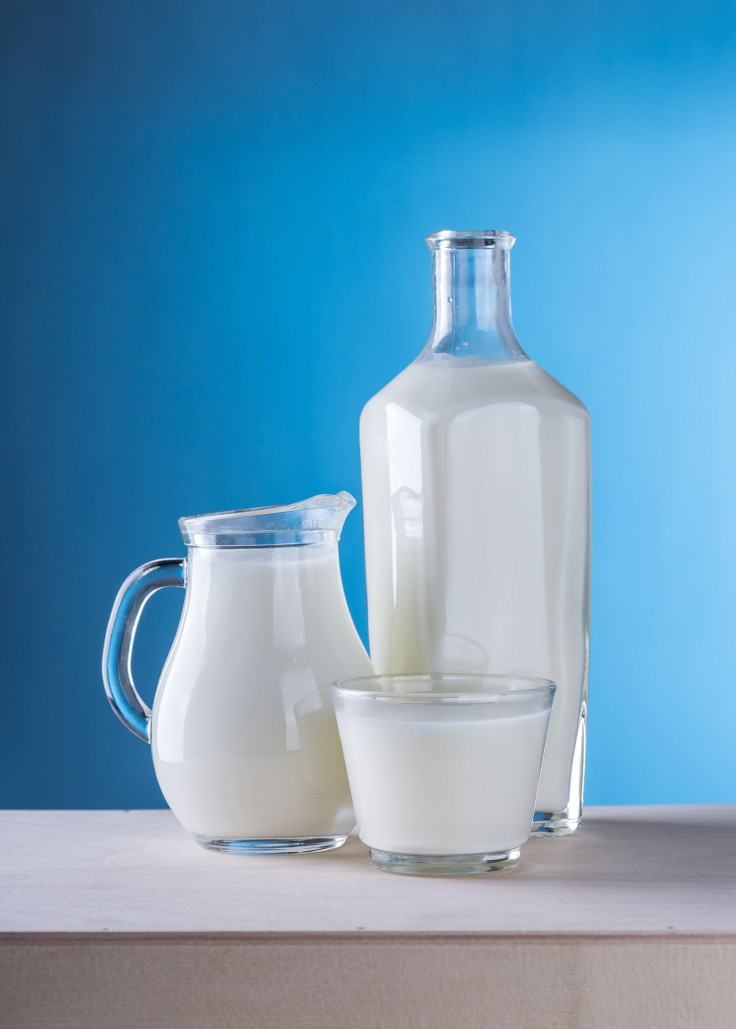Can Dairy Be A New Way To Treat Depression? Low-Fat Milk And Yogurt Linked To Lower Depressive Symptoms

Low-fat foods were all the rage in the 90s, but in recent years, many nutritional experts have touted the benefits of full-fat products. A new piece of research, however, indicates that low-fat milk and yogurt could actually lower your tendency for depression.
Read: Can You Fight Dementia With Food? Chef Paula Wolfert Battles The Disease With Special Diet
Researchers from Japan and China conducted the study which enlisted 1,159 adults between 19 and 83 years old. The team looked at depressive symptoms including exhaustion, sadness, anxiety and helplessness and their links to whole and low-fat dairy intake. Participants answered a questionnaire about how often they consumed whole-or-low-fat milk or yogurt, and depression was evaluated using a self-rating scale which is used to determine whether someone suffers from the disorder. Factors like age, gender, health and nutrition were accounted for.
Results show that those who ate low-fat dairy one to four times a week were less depressed. Scientists believe this is because whole fat milk has a trans-fatty acid associated with depression that counteracts the antidepressive attributes of tryptophan, which is also found in milk.
The study was cross-sectional, meaning that it looked at data for one point in time. Only milk or yogurt were used, so it’s undetermined whether cheese or butter would have any impact on depression.
This study goes against recent research which has advocated for full-fat products. As Time reported, bypassing skim milk for whole has been linked to lower diabetes risk. A study that analyzed the diets of 3,000 adults over the course of 15 years found that people with higher levels of full-fat dairy byproducts reduced their risk by nearly 50 percent. According to the publication, full-fat dairy can also lower obesity risk by 8 percent.
Read: Effects Of A High-Salt Diet On The Body: The Surprising Way Sodium Is Linked to Hunger And Thirst
Before you rid the fridge of whole-milk or low-fat products, it’s important to remember that diets and food need to be looked at holistically.
“This is just one more piece of evidence showing that we really need to stop making recommendations about food based on theories about one nutrient in food,” Dr. Dariush Mozaffarian, who conducted the study about diabetes risk and whole milk, told the magazine. “It’s crucial at this time to understand that it’s about food as a whole, and not about single nutrients.”
See Also:
Drinking Champagne May Boost Memory, Plus Other Health Benefits Of Bubbly



























